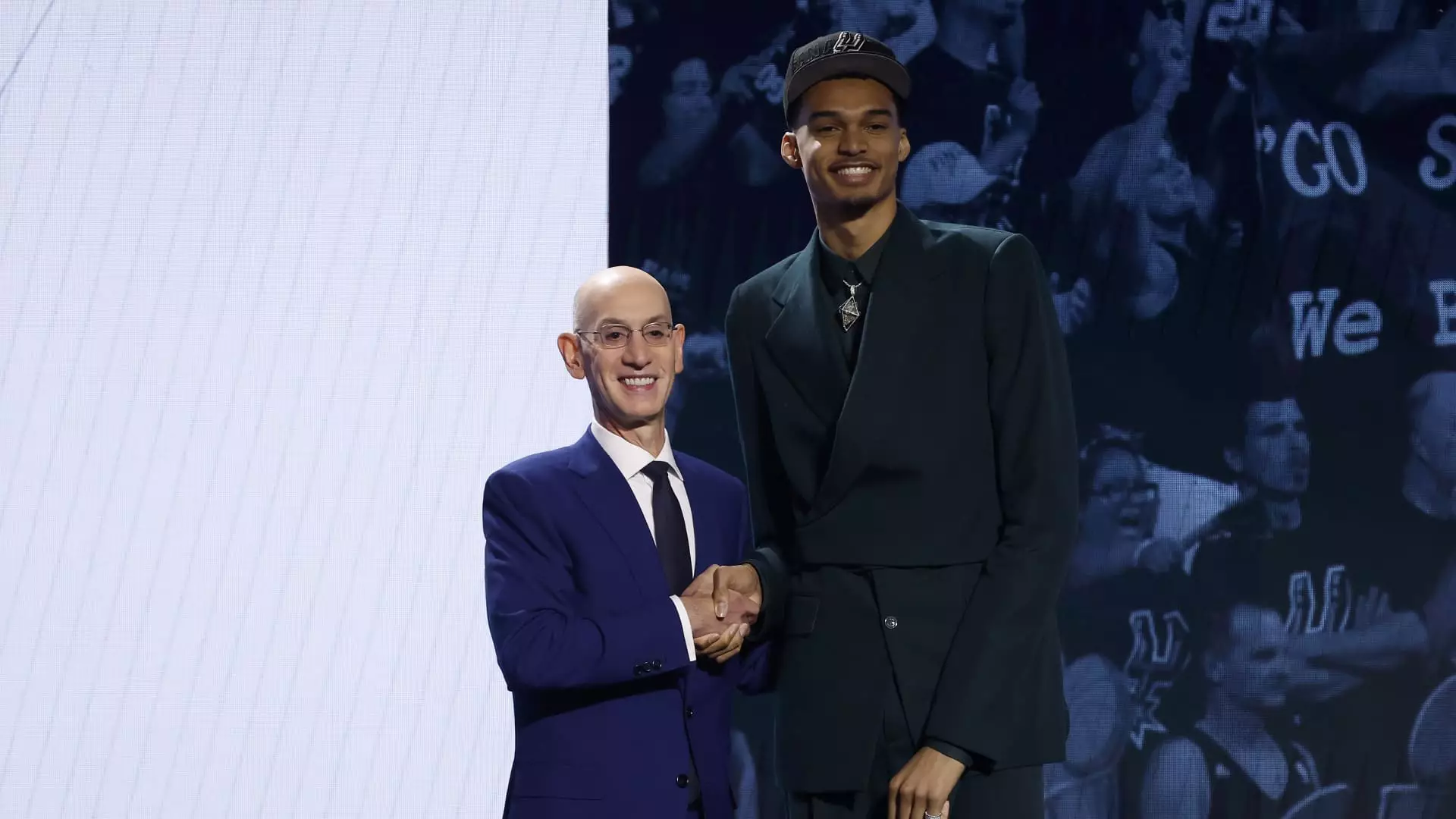Warner Bros. Discovery has expressed its intention to exercise its matching rights to secure a package of NBA games that were originally earmarked for another company. Specifically, the media company is targeting the deal between NBC and Amazon Prime Video. The move comes as part of Warner Bros. Discovery’s efforts to maintain a long-standing partnership with the NBA by presenting competitive bids during negotiations. However, the league has indicated its intention to accept other offers for the games in the current rights package, leading Warner Bros. Discovery to trigger the matching rights provision in their agreement.
The matching rights were obtained by Warner Bros. Discovery as part of its existing deal with the NBA, which is set to expire at the end of the upcoming season. These rights allow the company to match the financial terms of any games that were originally broadcast on TNT, raising questions about their application to an all-streaming package, such as the one offered by Amazon. Despite Warner Bros. Discovery’s ownership of the streaming service Max, Amazon Prime Video’s larger global customer base of over 200 million compared to Max’s 100 million presents a challenge for the company in securing broadcasting rights.
While Amazon boasts a market capitalization of nearly $2 trillion, Warner Bros. Discovery’s valuation has plummeted to around $20 billion, prompting discussions about potential mergers or partnerships. This uncertainty surrounding the company’s future raises concerns for the NBA, which seeks stability in its broadcast partnerships. With existing agreements in place with Disney and Comcast’s NBCUniversal for other game packages, the league is faced with a decision on how to handle Warner Bros. Discovery’s matching rights and the implications for its broadcast strategy.
If the NBA were to reject Warner Bros. Discovery’s bid to match the Amazon package, the situation could escalate to legal action or settlement negotiations between the parties. However, crafting a fourth package of games seems unlikely given the existing agreements with major media companies. The league’s priority is to maximize revenue while minimizing consumer confusion and subscription requirements, leading to the current distribution of games among its broadcast partners.
The disparity in the value of broadcasting rights among Disney, NBCUniversal, Amazon, and Warner Bros. Discovery reflects the competitive nature of the media industry. Disney is set to pay $2.6 billion annually, NBCUniversal $2.5 billion, and Amazon $1.8 billion for their respective NBA game packages. Warner Bros. Discovery’s targeting of the more affordable Amazon package for its matching rights underscores the financial motivations behind the battle for broadcasting rights.
The clash between Warner Bros. Discovery and Amazon Prime Video for NBA broadcasting rights highlights the complex interplay between market dynamics, corporate strategies, and consumer preferences in the media landscape. As the competition intensifies, the NBA faces crucial decisions in balancing financial gains, audience reach, and the long-term sustainability of its broadcast partnerships.

